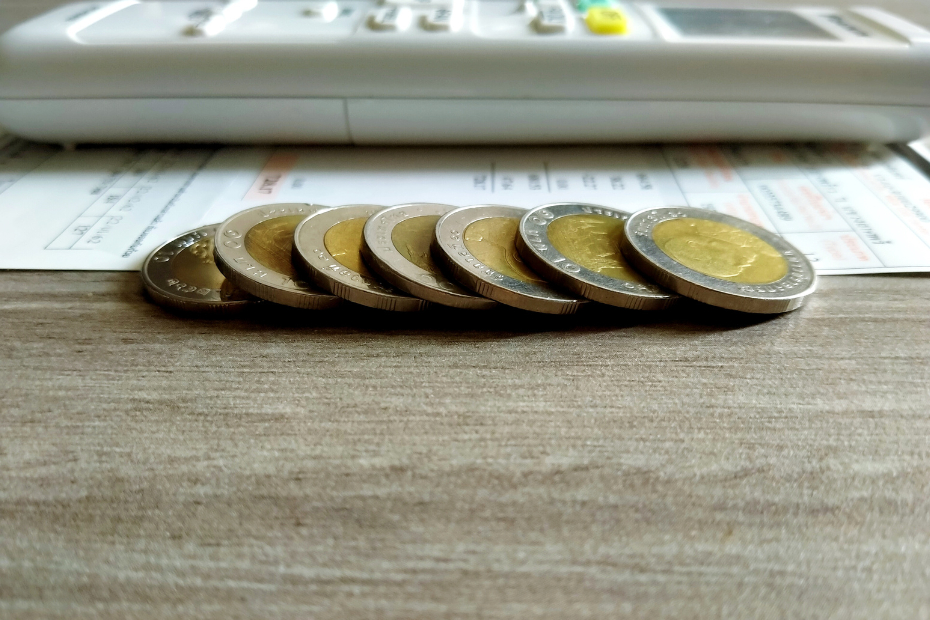Published November 16, 2018 • 3 Min Read
Well, let’s think about that for a second.
Even if the money you earn today is only from an allowance, odd jobs, or gifts for your birthday, it’s still important to keep track of it, so you can use it for the things you really want.
Budgets are generally misunderstood, especially if you haven’t set one up before. To help set the record straight, here are a few things you should know about creating budget.
A Budget Keeps Track of 2 Things: What’s Coming in, and What’s Going Out
A budget doesn’t have to be a big, complicated spreadsheet, because it’s really tracking these two basic elements. The trick is to set up a budget that accurately captures your incoming and outgoing money so that you can see what you have and where you stand.
It Starts with Tracking Your Expenses – All of Them
To set up your budget, you need to know how much you spend on a regular basis. Spend a week or two tracking your debit card transactions, and/or by keeping a money journal if you use any cash at all. The important thing is that you put everything in there – including snacks you buy at school, or that drink on the way home.
You’ll Need to Create Two Categories
Once you’ve identified what you spend your money on, divide your spending into two categories: “must haves” and “want to haves.” If you’re responsible for getting yourself to school, your transit fare would be considered a “must have.” The lunch you buy once you’re there? That would be a “want to have,” since you could bring it from home instead.
You Want the Money Coming in to Be Greater than the Money Going Out
While it sounds pretty basic, it’s actually easier said than done. This is the time to add everything up and figure out: are you earning more than you’re spending? If so, great! If it looks like you’re spending more than you’re making, you’ll have some tweaks to make. That might mean boosting your income or cutting down on some extra expenses.
It Will Take Some Adjusting
Don’t count on getting your budget right the first time. For many people, the expenses end up being more than they thought once they add them all up. Also, your income might go up and down throughout the year, so you’ll want to stay on top of your budget and make changes whenever you need to. This is also the stage where you can look hard at those “want to haves” and prioritize them.
Your Budget Is Your Ticket to Saving for What’s Important
Figure out what your savings goal is, and how much it costs. Then you can allocate part of your budget toward saving up for it. This may affect that “want to have” expense category – you may find that your daily $4 coffee isn’t as important as putting that money toward something that matters more to you.
Budgeting is really about setting priorities. That means asking yourself questions like: What’s important to me? What can I live without? Can I still have fun with my friends without spending a lot? Everybody’s answers will be different – the important thing is to come up with a budget that is realistic and works for you.
This article is intended as general information only and is not to be relied upon as constituting legal, financial or other professional advice. A professional advisor should be consulted regarding your specific situation. Information presented is believed to be factual and up-to-date but we do not guarantee its accuracy and it should not be regarded as a complete analysis of the subjects discussed. All expressions of opinion reflect the judgment of the authors as of the date of publication and are subject to change. No endorsement of any third parties or their advice, opinions, information, products or services is expressly given or implied by Royal Bank of Canada or any of its affiliates.
Share This Article






